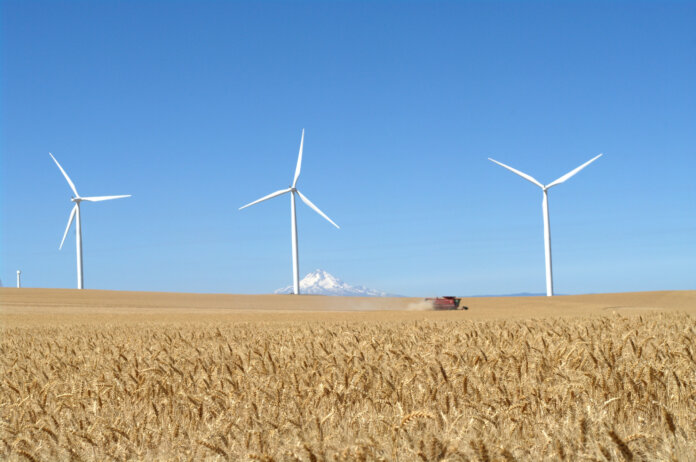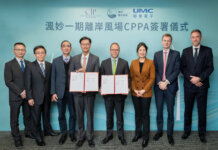The U.S. Department of Energy’s (DOE) Wind Energy Technologies Office (WETO) has released a $28 million funding opportunity to lower costs and address barriers to deployment of wind energy in all its applications: offshore, land-based and distributed.
This opportunity, funded through President Biden’s Bipartisan Infrastructure Law, will support research to improve offshore wind transmission technologies, reduce barriers for distributed wind deployment by communities, better understand the impacts of offshore wind development on affected communities and reduce impacts to wildlife.
Wind energy accounted for more than 9% of total domestic electricity generation in 2021 and will play a significant role in achieving President Biden’s goals to reach 100% clean electricity by 2035 and a net-zero-emissions economy by 2050.
WETO estimates making up to 27 awards under this funding opportunity, ranging between $200,000 and $3,000,000. WETO encourages underserved communities and underrepresented groups to participate in this funding opportunity.
Applicants must submit a concept paper by 5 p.m. ET on Jan. 20, 2023, to be eligible to submit a full application.
Topic Area 1 is High-Voltage Direct Current for Offshore Wind Transmission for $9.7 million total for five to six projects. This topic area seeks applications to advance technologies needed to transmit large amounts of electricity from offshore wind over long distances. Subtopic 1a is HVDC Standards and Benchmark System Development for Offshore Wind with funding in this subtopic area addressing gaps in U.S. high-voltage direct current (HVDC) standards and transmission for offshore wind. Subtopic 1b is Multi-Terminal HVDC with funding supporting development of HVDC controls and identifying functional requirements to address multi-terminal HVDC deployment barriers. Subtopic 1c is Curriculum Development for Education and Workforce Training with funding identifying and addressing gaps in education and workforce training to support HVDC transmission deployment for U.S. offshore wind.
Topic Area 2 covers Advancing Deployment of Distributed Wind for $3.3 million total for two to four projects. This topic areas seeks applications to improve permitting processes to make distributed wind more accessible to communities where distributed wind can be cost-effectively and equitably deployed.
Distributed wind energy – wind that provides power for nearby homes, farms, schools, and businesses – can help communities transition to low-carbon energy. However, established zoning and permitting processes for distributed wind are not present in all municipalities, and others have burdensome requirements that discourage development. To reduce costs and accelerate the equitable deployment of community-based clean energy, funding in this topic area will support innovative zoning and permitting approaches for distributed wind projects that leverage successes that have been achieved in permit reform for distributed solar photovoltaics and that work for communities and industry alike.
Topic Area 3 is Offshore Wind Energy Social Science Research for $6.9 million total for four to eight projects. This topic areas seeks applications to support social science research and community engagement that helps communities benefit from offshore wind development. Subtopic 3a is Community Impacts of Offshore Wind Development with funding in this subtopic area helping to characterize economic and other impacts of offshore wind development on local communities. Subtopic 3b is Capacity Building for Community Participation in Offshore Wind with funding supporting projects that build capacity for communities to better participate in, and benefit from, offshore wind development.
Topic Area 4 is Bat Deterrent Technology Development for $8 million for three to eight projects. This topic area seeks applications to improve technologies that help bats avoid wind turbines as the industry works to minimize impacts to local wildlife and ecosystems. Funding in this topic area will support bat behavioral research, technology development, and field testing to advance bat deterrent technologies.
Read the full application here.
Image: “Wind Turbines and Mt. Hood” by lamoix is licensed under CC BY 2.0.




